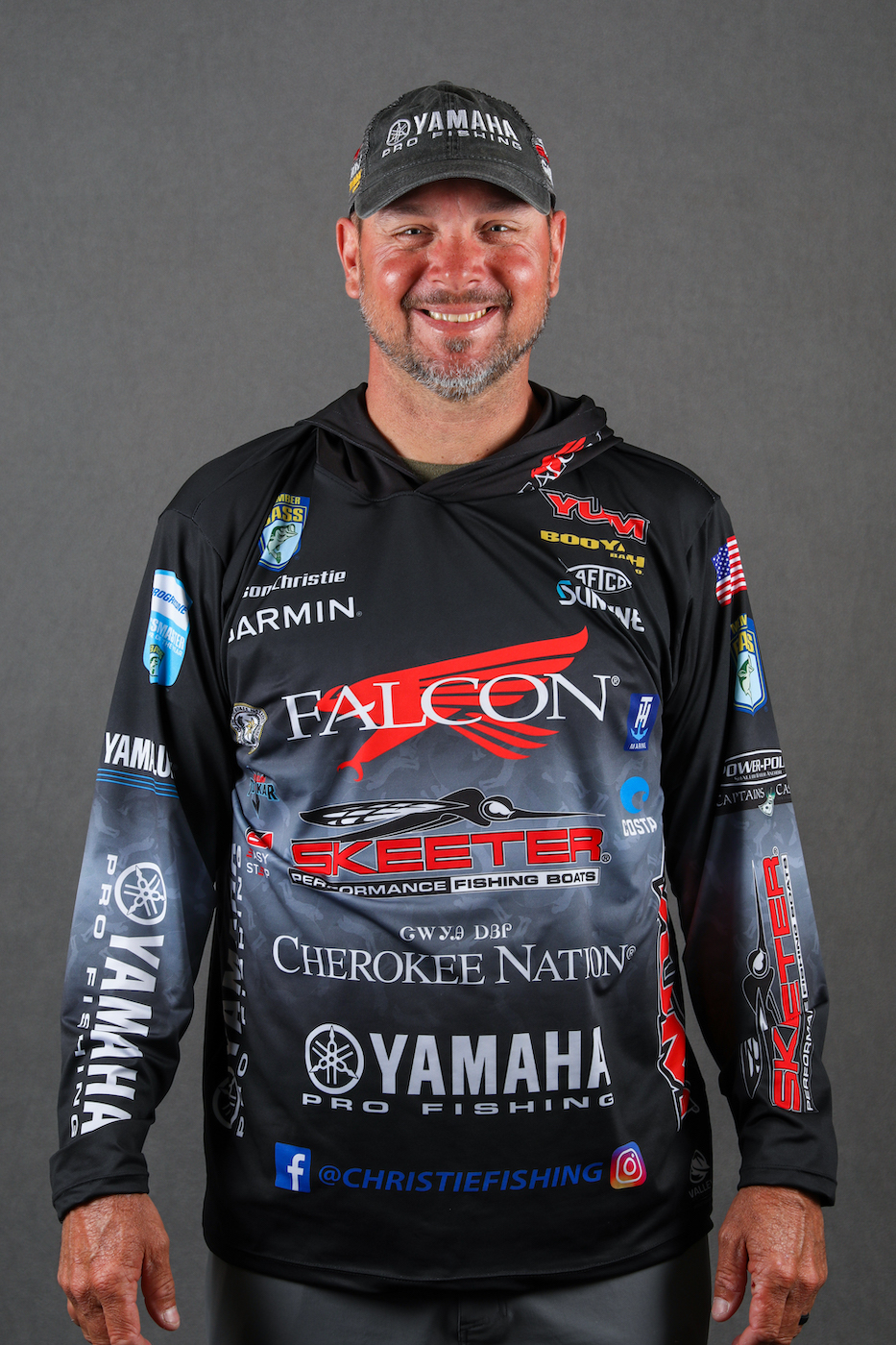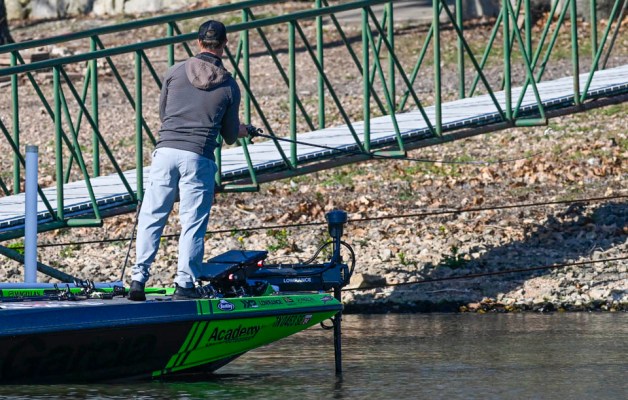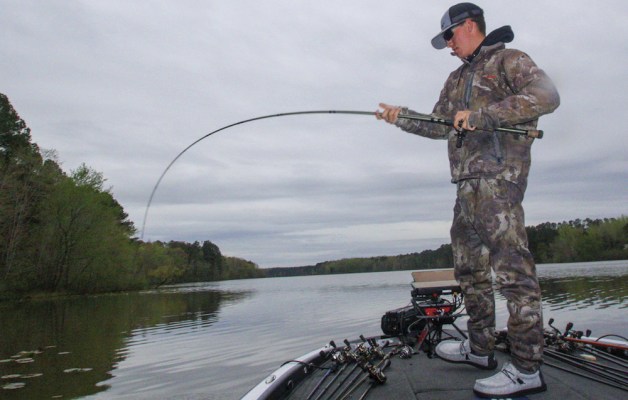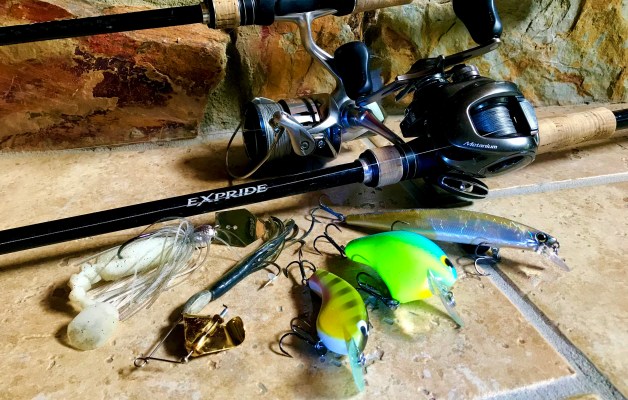I think one of the biggest misconceptions about the Bassmaster Elite Series is that we all network and pass along information to one another. Actually, that’s probably less common than you might think.
Some of the guys on the Elite Series do have travel crews of maybe two to seven people, and they share information on baits, techniques, locations and that kind of stuff. But for me, the only networking I do is with five or six buddies back home that I trust.
The key word here is “trust.” I trust what they say and they trust what I say. We don’t expand the truth – I tell them how it is and they tell me how it is.
Whenever I hear of a new technique, I’ll share it with these trusted friends and tell them what I know about it. They’re kind of the first to know and that allows them to experiment with the technique in its early stages.
I do the same and then, at some point, we’ll get together and discuss what we’ve learned about this new deal. On the other hand, when they come across new techniques back at the house, they’ll fill me in on the details.
That takes some of the pressure off me to try all these new techniques. Instead, I work with my group and we discuss the pros and cons of all the different variations and applications.
We’ll all experiment and one guy may learn a better way to fish a bait or a better rig or a line setup. The cool thing is this – within our group, we don’t compete against one another, so we’re not reluctant to speak openly with one another and tell one another exactly what we think about a bait or a technique.
Also, I’ve made an effort to include a diverse group so we always have a range of input and perspectives. My group consists of guys who don’t fish tournaments but are outstanding fishermen, guys who build baits and guys who do fish various local tournaments.
This diversity has helped me and it has helped them. I take home a lot of the electronics strategies I learn on tour and show my guys how to apply them on our home lake. They’ll take this knowledge and experiment with it and sometimes they’ll come up with new ideas of their own.
We throw all of our ideas on the table, and we take the good and the bad. Through this process, we actually eliminate a lot of things and that’s good, because it keeps it simple.
I jokingly use the term “lab rats” but, of course, that’s not negative at all. What I’ve learned is that I’m not the only one teaching. They teach me a lot, too, and I learn as much as they do.
This way, we cover a lot more of the bases as a group than as just one guy.
I think one of the best examples of the kind of skills and techniques we discuss is electronics. When side imaging came out, everybody bought one. Some of my buddies had $15,000 worth of equipment and didn’t understand how to use it.
It took a trip to the lake and me showing them how to set it up, how to use the machine and what to look for. They took that and started learning new areas and finding where fish set up and things like that.
Now, they’ll call me and say, “Hey, try this. Turn your gain up 10 percent and turn your contrast down.”
I opened their eyes and changed the way they fish and, in turn, they’re giving me feedback and helping me.
Now, you might think that because I room with my fellow Oklahoma pro, Edwin Evers, that he and I share a lot of information. But it’s not like that. He and I trust one another and respect one another’s abilities, but because we’re friends, we’ve made it a point to not get into the whole networking thing.
The only thing that gets discussed is how tough the fishing is during a particular event. There are days when I practice and I don’t catch anything. I come in and I’m really down and out and he’s says “Man, I didn’t catch anything either.” That makes me feel better.
Then there are days I go out and slam ‘em and I come in and say “All right man, I’m onto something.” And he’s like, “I slammed ‘em, too, and I did it everywhere.” Then, you know it’s going to be one of those slugfest events.
That’s really the only kind of information we share and that helps. I think as friends, we keep our distance so we remain friends. We don’t want to get on the same area.
We’re friends, but we’re also competitors and that’s worked for us over the last couple of years.
Besides, whenever I feel the need to network, I call up my “lab rats” and everybody benefits.





